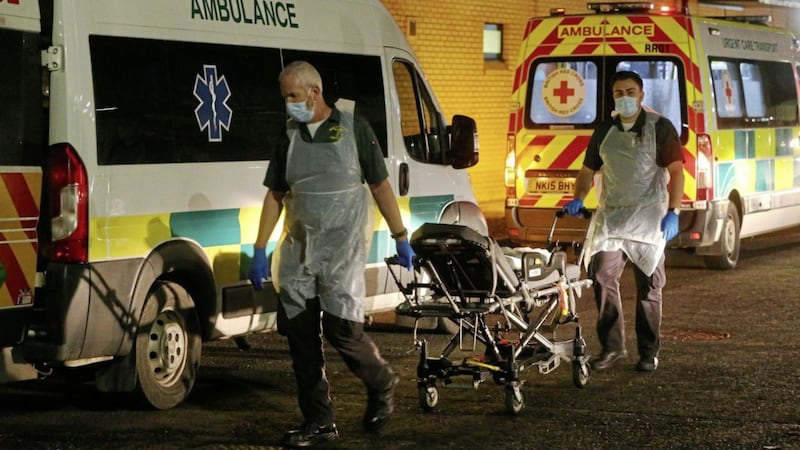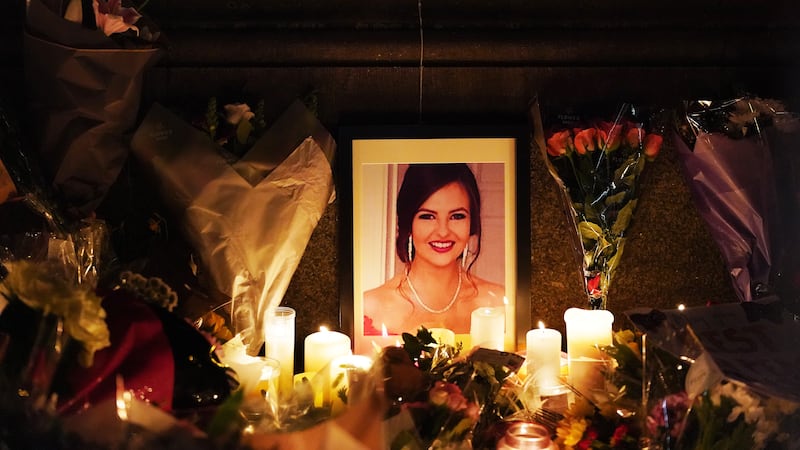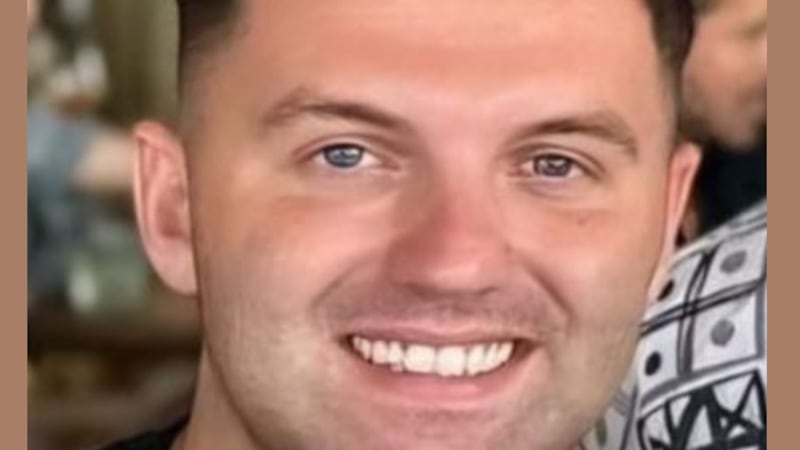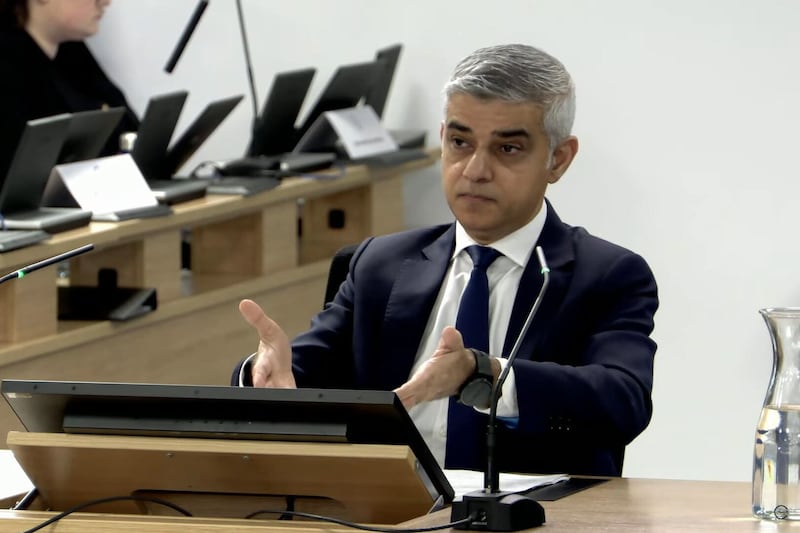ELDERLY nursing home patients were among those treated by nurses in a hospital car park yesterday as they struggled to cope with record high levels of Covid admissions.
Antrim Area Hospital was at the centre of unprecedented scenes as 15 ambulances queued outside the A&E department waiting to admit patients.
Meals were delivered from the hospital to patients in the back of the vehicles as medics also provided care.
Northern trust Director of Operations Wendy Magowan told the BBC she had "never seen anything like it in her entire life".
Covid related pressures were linked to problems at the Co Antrim hospital as it operated beyond capacity with a record high number of 100 positive patients in beds - the majority frail elderly.
Speaking to The Irish News last night, Ms Magowan said that while there was "some movement", a total of 43 A&E patients were inside the hospital doors - with 40 waiting in excess of 12 hours - in addition to the 15 ambulance patients.
The trust boss warned they were trying to "risk manage" each part of the hospital, with "every single move being thought through" - and that staff shortages were impacting on cover last night, particularly with nursing.
"The trust have staffing deficits going into this evening so we're putting a contingency plan in place tonight but we're not closing any beds because we cannot afford to do that," she said.
And she said there was some patients waiting in the back of vehicles transferred from nursing homes.
"I've managed unscheduled care for five years and I have never seen anything like this afternoon with so many ambulances at the back of the Emergency Department and patients waiting sadly much longer than we would want them to," she said.
"My lead nurse on the way out to the ambulance this afternoon said to me, 'these patients are being looked after, they're being fed', as staff were taking meals out to the patients in the back of ambulances...I just can't believe this.
"It is the highest number of inpatients since Covid began, we have not seen numbers such as these in the hospital. A quarter of our 400 'unscheduled beds' - the beds that are available for people to be admitted into in an unplanned fashion - are inhabited by Covid positive patients."
The trust chief they were "juggling day and daily" with nursing shortages and struggling to ensure they had adequate staffing to meet patient need.
The development came as the north's most senior doctor warned the two-week circuit breaker had failed to significantly impact on virus transmission rates - with Christmas restrictions kept "under review".
"We are not where we wish to be," Chief Medical Officer Dr McBride told a media briefing yesterday.
However, the CMO refused to divulge any detail on the advice he has provided to Stormont on whether tightened restrictions similar to those introduced in London - where restaurants and bars closed - could be extended to the north before Christmas.
Health minister Robin Swann is expected to put forward new proposals on tougher Covid measures at an Executive meeting tomorrow.
Separately Cabinet Office Minister Michael Gove is today expected to have further talks with Stormont's leaders and representatives of the other devolved administrations as calls mount to scrap plans for an easing of Covid-19 restrictions over Christmas.
In discussions yesterday, Scotland's First Minister Nicola Sturgeon argued there is a case for lessening the planned freedoms for the festive period to combat a rise in infections and indicated she could break with the so-called four-nations approach.
But her Welsh counterpart Mark Drakeford said the current plans were a "hard-won agreement".
After the meeting, an Executive Office spokeswoman said First Minister Arlene Foster and Deputy First Minister Michelle O'Neill would discuss the situation with medical and scientific advisers ahead of updating the executive tomorrow.
The talks came after two leading medical journals warned that a lessening of restrictions would "cost many lives".








